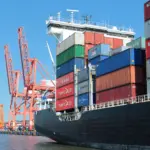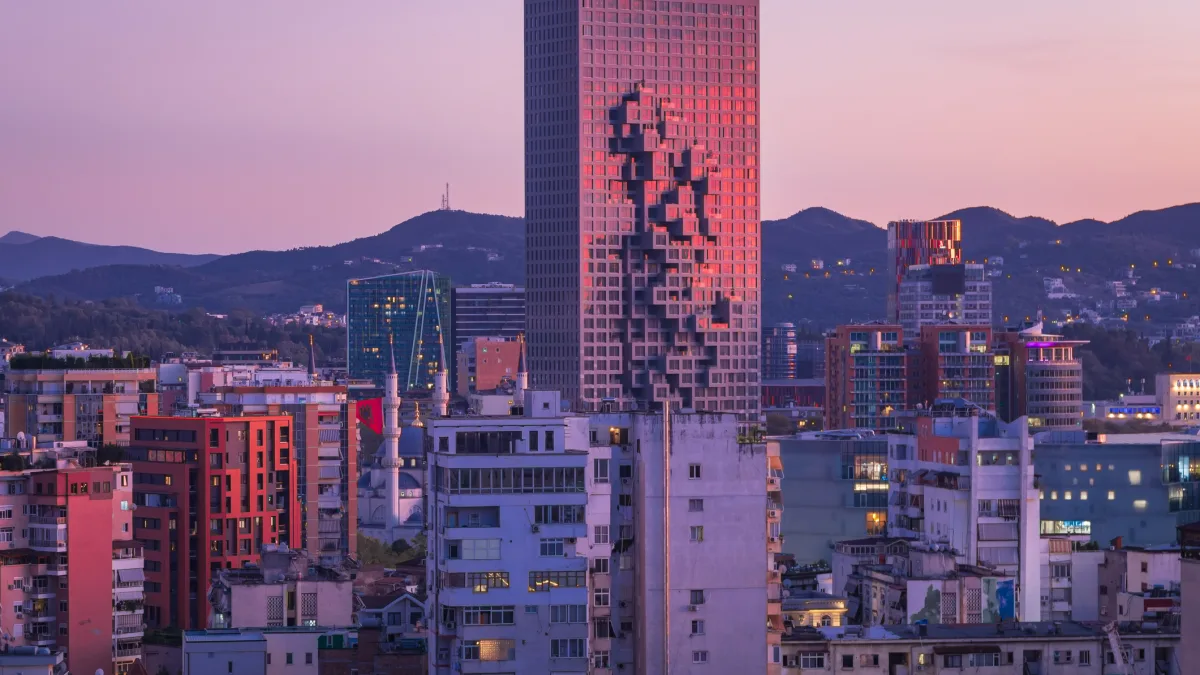Artificial intelligence could boost global economic output by up to 15 percentage points over the next decade, effectively adding one percentage point to annual growth rates, according to research published this week by PwC.
This significant expansion—comparable to the economic acceleration triggered by industrialisation—emerges from the accountancy firm’s latest report, Value in Motion, which examines various scenarios for AI adoption.
The report, based on data-driven analysis, cautions that such growth is far from guaranteed.
In less optimistic scenarios characterised by diminished trust and cooperation, AI’s economic boost would shrink to eight per cent, or a mere one per cent in the most pessimistic case.
The difference rests not merely on technical progress but on responsible deployment, clear governance frameworks and public confidence.
Evidence suggests economic reconfiguration is already underway. PwC’s analysis indicates that pressure for business reinvention has reached 25-year highs across most global sectors, with 7.1 trillion US dollars in revenues expected to shift between companies in 2025 alone—and that is before accounting for recent increases in global tariffs.
The firm predicts traditional industry boundaries will blur over the coming decade as businesses reorganise around ‘domains’ that cross sectoral lines. Electric vehicles offer one example, with electricity providers, battery manufacturers and technology firms joining automobile manufacturers in the mobility space.
Significant new growth opportunities for CEE
“As the global economic landscape evolves, organisations capable of bridging gaps across traditional industry boundaries will add the most value,” says Adam Krasoń, CEO of PwC Central and Eastern Europe.
“Business leaders here in Central and Eastern Europe are increasingly acting on the need to transform and adapt to the current challenging and dynamic environment. With a focus on responding to changing consumer needs and effectively leveraging technology to transform business operations, we can work together to help unlock significant new growth opportunities here in the region.”
The picture is complicated by climate considerations. Physical climate risks could leave the global economy nearly seven per cent smaller in 2035 than it would otherwise have been, according to PwC’s economic modelling.
While increased AI adoption will drive up energy use in data centres, this could be offset if each additional percentage point of AI use leads to innovations cutting energy intensity by just 0.1 per cent.
Accelerating reinvention
PwC believes that the process of reinvention needs to start now, with a focus on priorities that respond to the reconfiguration that’s already underway.
This means driving hard towards a set of innovation imperatives, securing competitive advantages in areas such as technology and trust, and turning obstacles such as climate threats into enablers of growth.
“In today’s dynamic environment, adaptation and innovation are not optional—they are crucial for the survival and success of any business,” says Agnieszka Gajewska, Clients and Markets Leader at PwC Central and Eastern Europe.
“Although many businesses in our region have initiated reinvention journeys, with AI playing the key role, these efforts need to accelerate. I am a strong believer in the future of CEE—we have a unique talent base and resilient and agile entrepreneurs who can develop a competitive edge and capture the value markets are offering in these interesting times.”
Photo: Dreamstime.







